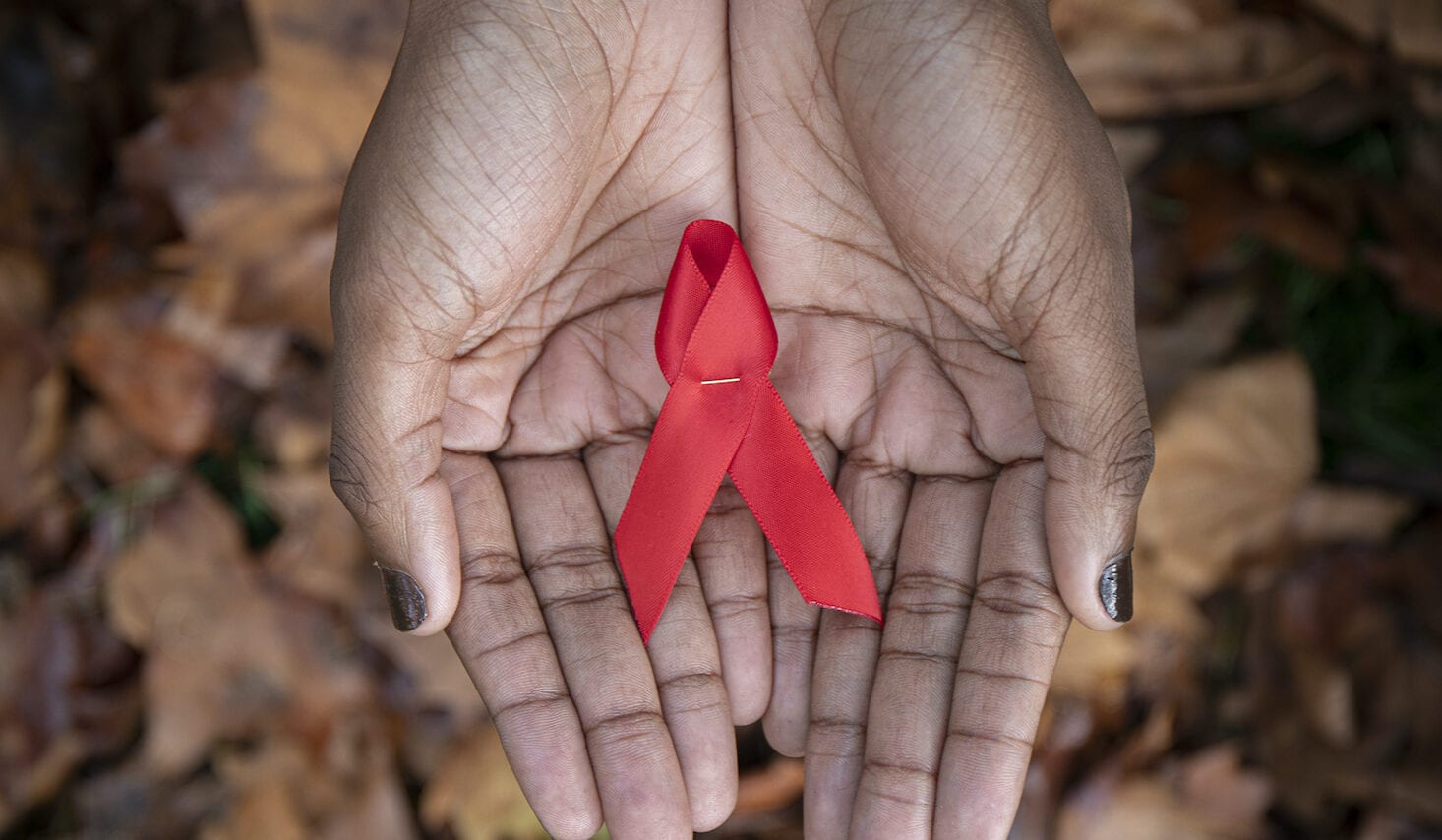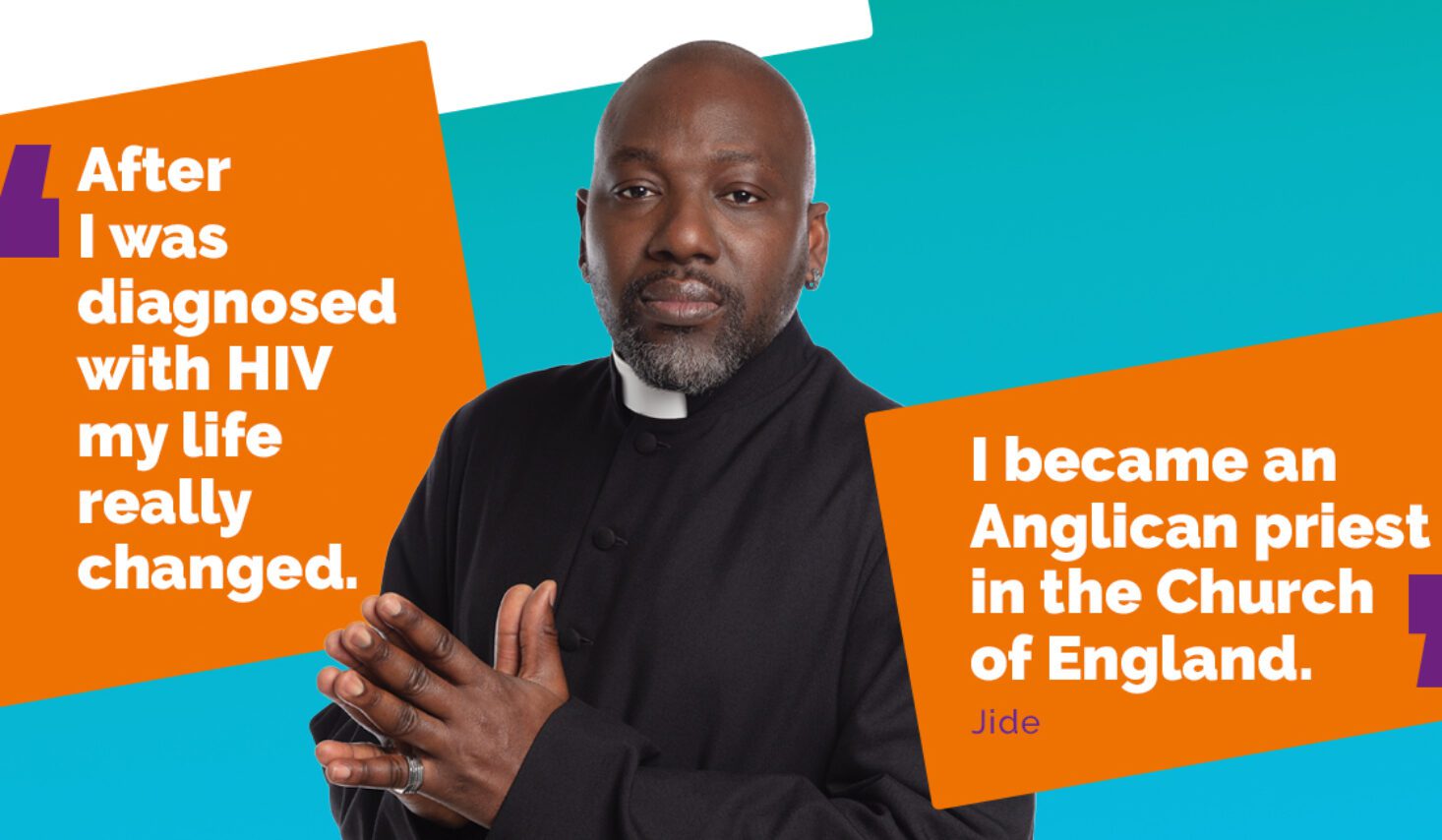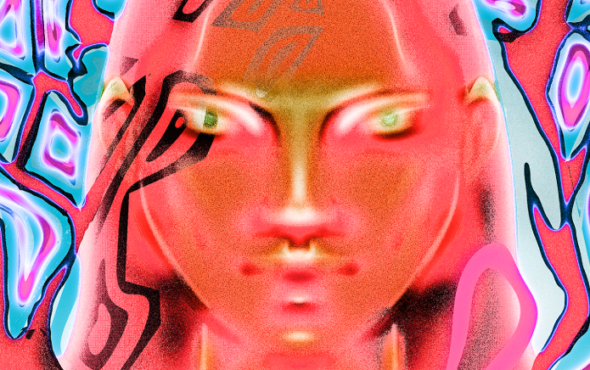
I am really looking forward to World AIDS Day 2021. People living with HIV were facing challenges even before the coronavirus pandemic and these have been exacerbated. Many of my friends living with HIV are really excited that there are new opportunities for in person support groups, charity events or conferences.
World AIDS Day is about commemorating those we lost to HIV and thinking about how we might fight for a more equitable future. This year there also seems to be a real sense of joy that we will be able to meet up with people we often haven’t seen since 2019. It remains unclear what the legacy of the coronavirus pandemic will be for people living with HIV, but the flurry of activity around World AIDS Day has made everything seem a little brighter.
It is hard to believe that it is now 40 years since the first HIV diagnosis in the UK. This interests me, not just because I am living with HIV myself but because I think it’s important for people living with HIV and LGBTQ+ people to have a sense of our collective histories. Paul Brand recently researched and presented a fascinating documentary about John Eaddie, the first person to die of AIDS in Britain. Paul located where John is buried, identified where he lived and worked, as well as speaking to some of John’s friends. I was really moved.
Much of the country was enthralled in January and February of this year by the TV show It’s A Sin, which is set in the 1980s and covers the early years of the AIDS pandemic. Philip Normal designed It’s A Sin themed clothing, with the iconic La! t-shirts now having raised over £500,000 for Terrence Higgins Trust.
It’s A Sin coincided with HIV Testing Week, which took place in the first week of February. This helped to raise awareness around HIV and encouraged home testing. Rebecca Tallon de Havilland participated in the annual HIV testing campaign. With traditional HIV testing suspended at some Sexual Health Clinics we all re-evaluated self-testing, and a recent study has shown that this could be particularly beneficial for trans people.

How much the situation has changed for people living with HIV was highlighted by the Terrence Higgins Trust’s Life Really Changed campaign. The series looked at the impact of an HIV diagnosis, emphasising the positive achievements of the participants. Jide Macaulay, for example, was ordained within the Church of England. Jide was diagnosed with HIV in 2003 and has done a huge amount to challenge the misconception that there is an inherent conflict between an individual’s faith and their LGBTQ+ identity, particularly for racially minoritised communities. Black HIV activists, such as Jide, continue to educate us all. Opt-out HIV testing would really help Black African populations and hopefully this will be implemented across the UK.
A significant achievement in 2021 was change to the blood donation rules for gay and bi men in June, removing the three-month deferral period, and a commitment to additional change for Black people of African heritage in October. There is a clause preventing blood donation, regardless of circumstances, where an individual has recently travelled to a part of Africa where there is a high prevalence of HIV and this has discriminatory consequences. The Health Secretary committed to removing this following a campaign involving Terrence Higgins Trust, One Voice Network and National AIDS Trust and it will be great to see this implemented.
The changes in blood donation rules are another indicator of how far we have come in 40 years. However, that these restrictions were in place for so long is also indicative of the stigma which still surrounds HIV. As someone living with HIV, it is the continued prejudice and lack of awareness surrounding the virus which impacts me the most.
We must continue to articulate that people living with HIV, who are on treatment, have normal lifespans and cannot pass the virus on to their sexual partners. An HIV diagnosis is often life changing, but not usually in the way that the majority of people expect. People living with HIV deserve to be treated with the same dignity, respect and empathy as everyone else. To learn more about HIV head to the Terrence Higgins Trust’s website.



